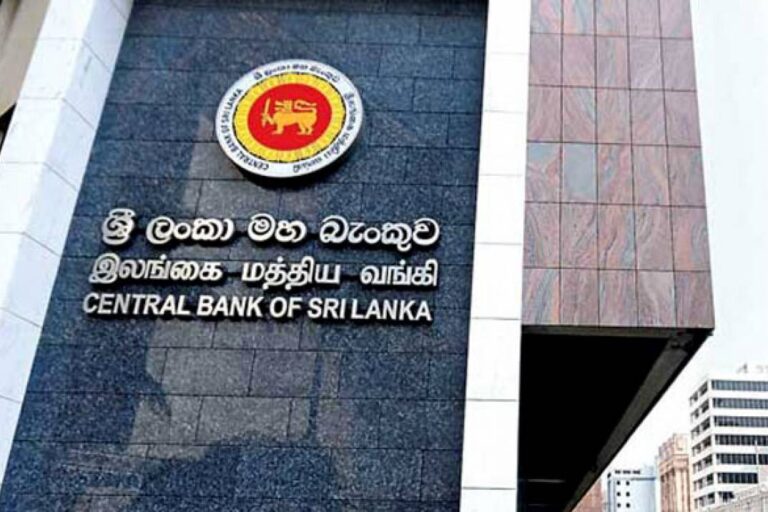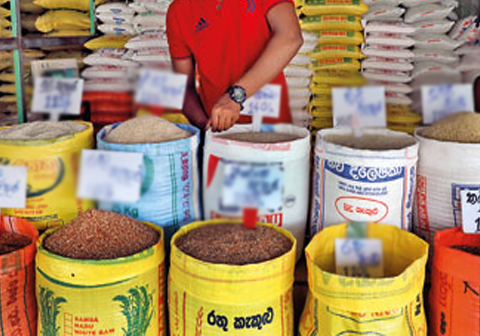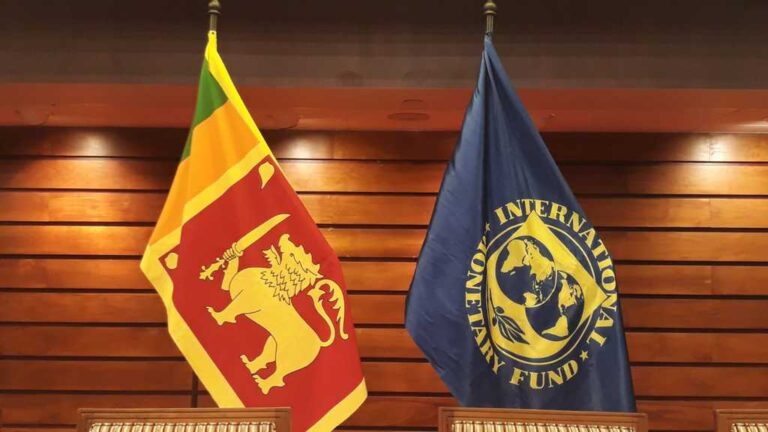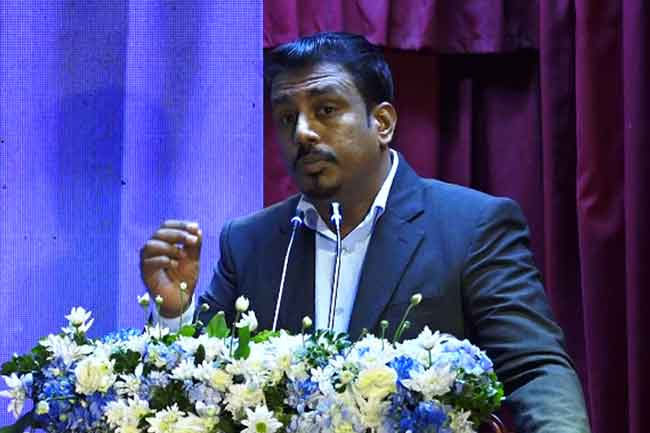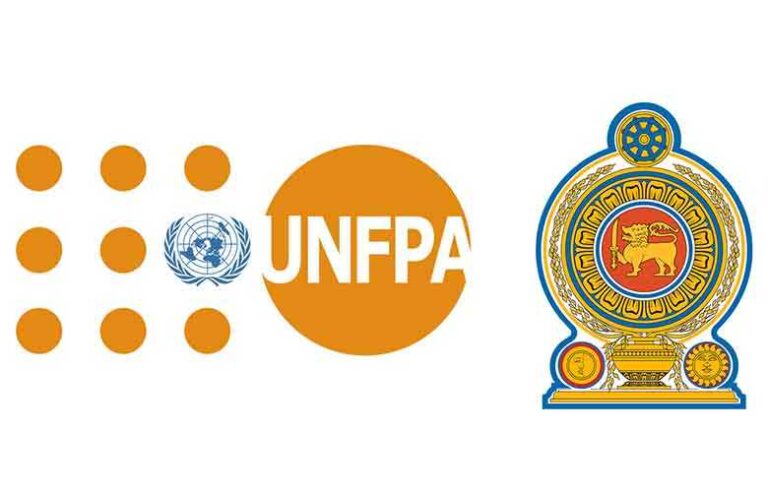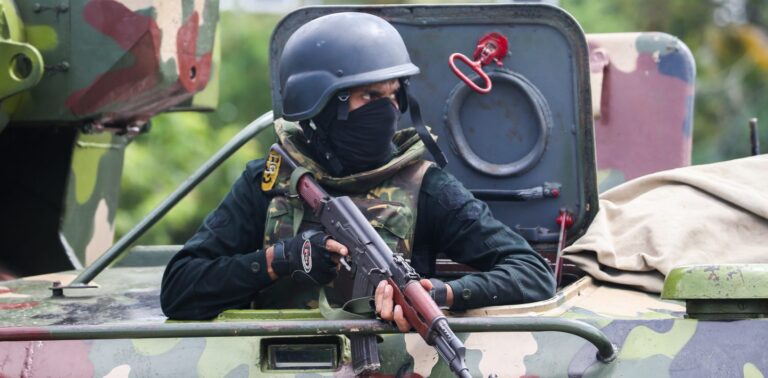By: Staff Writer
December 23, Colombo (LNW): Sri Lanka has taken a significant step toward economic recovery by repaying defaulted local bondholders with floating-rate rupee bonds maturing between March 2023 and September 2043. This move is part of a broader restructuring initiative following the country’s default on International Sovereign Bonds (ISBs) on December 20.
The government issued eight tranches of rupee bonds worth LKR 19.46 billion to local bondholders, amounting to a total of LKR 155.7 billion. Local bondholders, primarily commercial banks, faced no reduction in principal, providing relief to financial institutions already strained by non-performing loans.
These bonds will yield a coupon rate 50 basis points above the Central Bank’s Standing Lending Facility Rate (SLFR), calculated as a six-month historical average 30 days before interest payments. Foreign bondholders were also given an option to convert holdings into local currency bonds, albeit within certain limits.
Internationally, Sri Lanka restructured $12.5 billion in sovereign bonds, much of which was borrowed during a series of currency crises between 2015 and 2019. These crises stemmed from expansionary monetary policies targeting inflation and potential economic output without a stable exchange rate framework.
Analysts argue that targeting mid-corridor interest rates while maintaining excess liquidity through inflationary open market operations and dollar-rupee swaps triggered persistent forex shortages and unsustainable debt accumulation.
The restructuring marks a critical milestone in Sri Lanka’s recovery, with the country’s debt-to-GDP ratio projected to decline to 90% by 2028. This represents a notable improvement from pre-default levels, where the debt servicing cost stood at 67% of government revenue.
Post-restructuring, this figure is expected to fall to 42%, although it remains significantly higher than the 16% average for other similarly rated economies. These improvements highlight the government’s efforts to stabilize its fiscal framework, though challenges persist.
Analysts caution that inconsistent monetary policies—such as Sri Lanka’s flexible exchange rate system coupled with weak operational frameworks—often result in cyclical currency crises and inflation. Similar patterns were observed in the United Kingdom during the 1970s, when its sterling crises and reliance on IMF programs drove long-term bond interest rates to nearly 20%.
On the domestic front, the Western Province remained the largest contributor to GDP in 2023, accounting for 43.7% of total output, though slightly lower than in 2022. The North Western and Central Provinces followed as the second and third largest contributors.
While progress has been made in debt restructuring and economic realignment, Sri Lanka still faces substantial structural challenges. Strengthening fiscal discipline, ensuring monetary stability, and implementing growth-oriented reforms are imperative to fostering long-term economic resilience.
A sustainable monetary policy framework will be key to avoiding future crises and enabling sustainable growth.
Sri Lanka’s restructuring efforts signal a step in the right direction, but the journey toward stability and prosperity will require continued commitment to sound economic policies and structural reforms.


